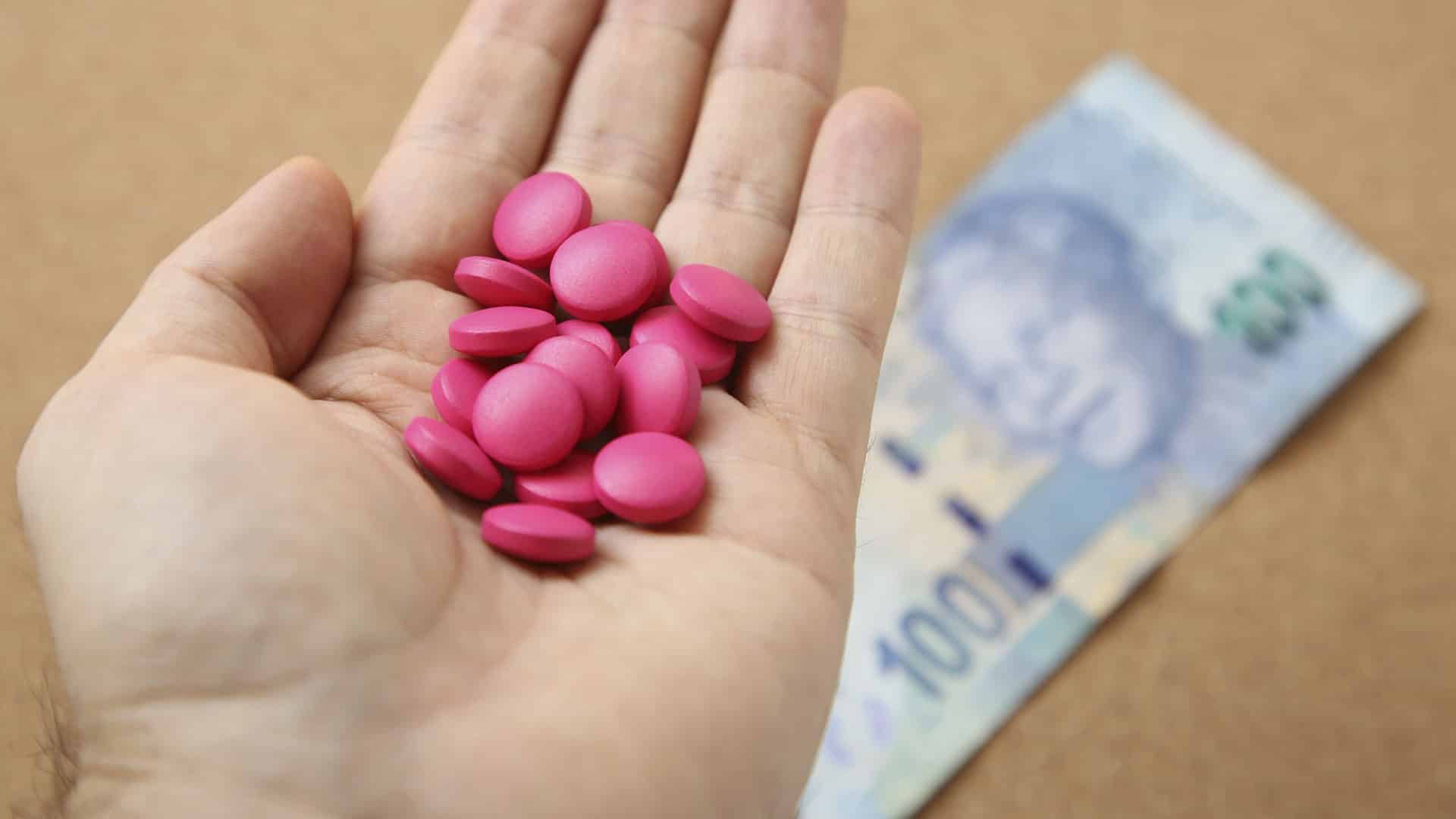Addiction extends its impact far beyond the immediate health and social concerns, embedding itself deeply into the financial fabric of those it touches. The journey to recovery, while lifesaving and essential, often comes with a hefty price tag that many don’t anticipate. From the initial detoxification to long-term outpatient services, therapy, medication, and support systems, the costs can accumulate, presenting a significant barrier to those seeking help. For families and individuals, understanding these financial requirements is a vital first step. It allows for better planning, informed decision-making, and can alleviate the stress associated with funding treatment. By demystifying the financial aspect of addiction recovery, we aim to empower those affected to take confident strides towards a healthier future without the burden of unexpected expenses. This investment in recovery is not just a personal expense but an investment in a more stable and productive life.
Understanding the Financial Burden of Addiction
The economic ramifications of addiction are both direct and far-reaching, extending well beyond the initial outlay for substances. Immediate healthcare costs can mount rapidly as emergency treatments, hospital stays, and interventions become necessary to address the acute effects of substance misuse. These expenditures are just the tip of the iceberg, however, as the chronic nature of addiction often leads to a cascade of financial strains, including ongoing medical treatment, therapy, and rehabilitation services.
Beyond healthcare, the loss of productivity and employment can result in a diminished income, jeopardizing an individual’s financial stability and future earning potential. The ripple effects can strain family resources, lead to increased debt, and cause long-term financial insecurity. For those in recovery, these costs underscore the critical need for comprehensive support and accessible treatment options. Understanding and planning for these financial burdens is a crucial component of a successful long-term recovery strategy.
The Price of Neglect: When Addiction Goes Untreated
When addiction remains unaddressed, the costs can spiral significantly. Untreated addiction often exacerbates health issues, leading to chronic conditions that require expensive and long-term medical care. Moreover, the behavioral consequences of addiction may result in legal complications, ranging from fines to incarceration, incurring substantial legal fees and court costs. Furthermore, the loss of employment due to untreated addiction reduces an individual’s financial resources, while the cost to society escalates through increased healthcare expenditure, law enforcement costs, and social welfare support. These cumulative expenses highlight the critical importance of early intervention and treatment in mitigating the financial toll of addiction.
Investing in Recovery: The Cost of Rehabilitation Services
Investing in recovery is both a financial commitment and a testament to one’s dedication to a healthier life. The cost of rehabilitation services is influenced by a variety of factors, including the type of treatment (detoxification, inpatient, outpatient), the duration of the program, the amenities provided, and the facility’s location. Detox programs, often the first step in treatment, can be expensive due to the intensive medical oversight required. Inpatient programs, which provide round-the-clock care, tend to be costlier than outpatient services that allow individuals to maintain their daily routines. Each of these programs is a critical investment in long-term health and well-being, and understanding their costs is essential for individuals and families making informed decisions about treatment.
Medical Aid and Addiction Treatment: Navigating Coverage
Navigating the complexities of medical aid for addiction treatment can significantly ease the financial strain on those seeking help. Medical insurance coverage for addiction varies widely, with some policies covering a comprehensive range of treatments including detoxification, inpatient rehab, outpatient services, and even aftercare support. It is vital for policyholders to understand their coverage details: what treatments are included, the duration of covered care, co-pays, and deductibles. Open communication with insurance providers and treatment facilities is key to maximizing benefits and ensuring that the journey to recovery does not become encumbered by unforeseen expenses. Leveraging this coverage effectively can make the critical difference in accessing quality addiction treatment.
Long-Term Investments: The Economic Benefits of Recovery
The pursuit of recovery is not just a path to personal health—it’s a sound economic investment. For individuals, successful recovery can restore productivity and employability, increasing earning potential and reducing medical costs over time. Communities also benefit economically as recovered individuals contribute to the workforce and fewer resources are needed for healthcare and legal systems associated with substance abuse. Moreover, recovery can break the cycle of addiction, yielding intergenerational benefits by improving family stability and reducing the likelihood of substance abuse in future generations. Investing in recovery, therefore, pays dividends that extend beyond the individual to the economic health of society at large.
Government and Community Support for Addiction Recovery
In South Africa, the government and various community organizations offer a range of support systems for individuals seeking addiction recovery. These may include state-funded rehab centres, grants for substance abuse treatment, and community-based initiatives that provide counseling and support services. These resources aim to reduce the financial barriers to access and ensure that recovery services are more widely available, regardless of personal financial status. By taking advantage of these support systems, individuals can find the help they need to start their recovery journey without the added stress of overwhelming costs.
Conclusion
In conclusion, the road to recovery from addiction is one that involves significant financial, personal, and societal costs. Understanding the nuances of these expenses—from the immediate costs of treatment to the long-term economic benefits of sobriety—is crucial for anyone touched by addiction. By leveraging medical aid, seeking government and community support, and viewing recovery as a long-term investment, individuals and their loved ones can navigate these challenges more effectively. Ultimately, the journey towards recovery not only enriches the lives of those directly affected but also strengthens the economic and social fabric of the broader community.
Note: The information provided in this blog is for educational purposes only. It’s essential to consult with healthcare professionals for personalized advice and treatment for drug addiction.






